How can you build and maintain trust with your stakeholders without a strong code of ethics? Trust is paramount in building long-lasting relationships.
It’s more important than ever to uphold integrity and transparency in today’s highly competitive and ever-changing business landscape. A strong code of ethics can help you build trust with your stakeholders, enhance your reputation, and ultimately achieve your business goals.
The Public Relations Society of America (PRSA) has developed a Code of Ethics that provides guidance to public relations professionals on ethical behavior. The code covers a wide range of topics, including:

Upholding Integrity: The Paradox of Vietnamese Youth – Towards Transparency – Source towardstransparency.org
The PRSA Code of Ethics is a valuable resource for public relations professionals. It can help you to:
- Understand your ethical obligations
- Make ethical decisions
- Build trust with your stakeholders
- Enhance your reputation
- Achieve your business goals
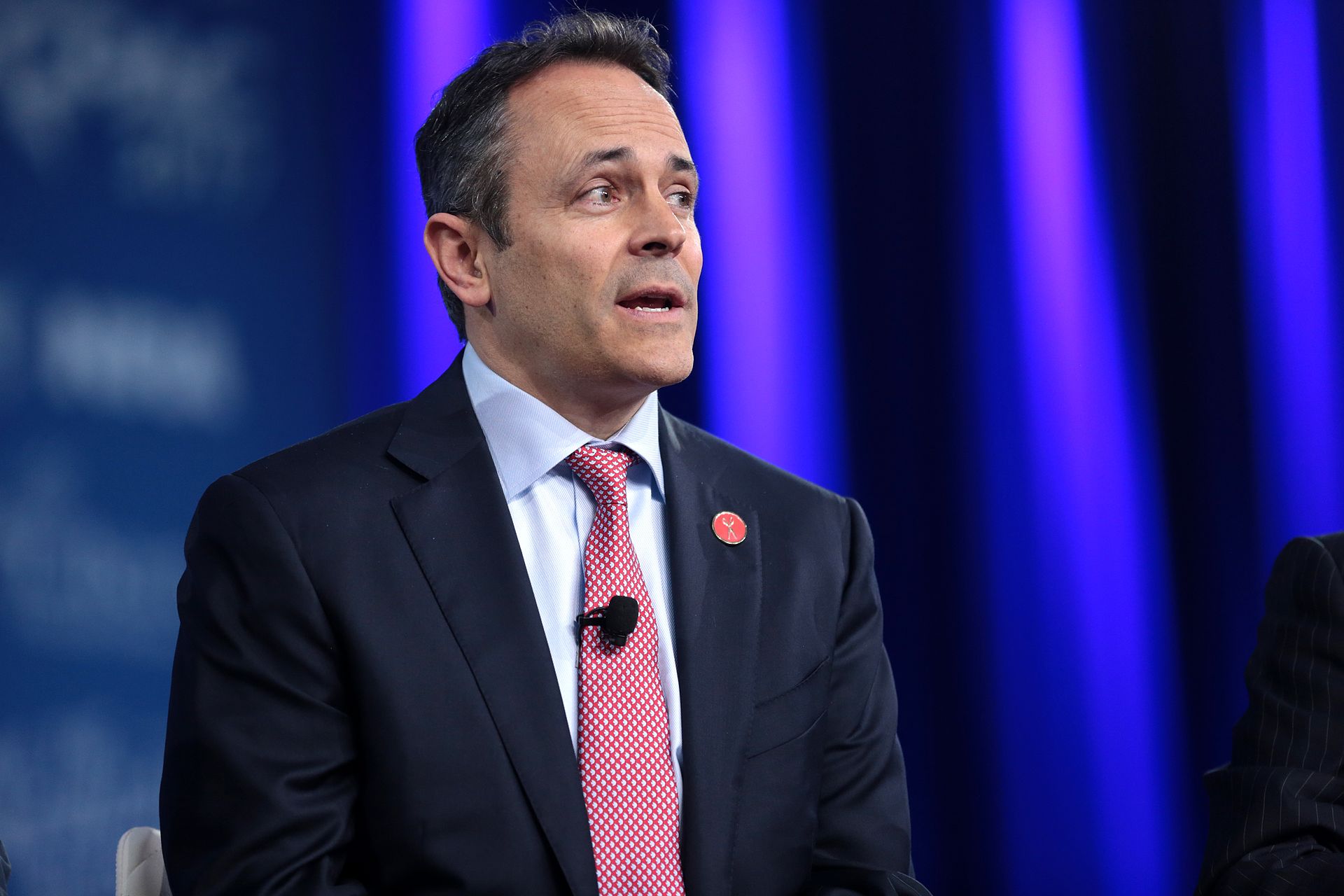
Upholding Integrity Means Applying Standards To Both Sides – The – Source yucommentator.org
What is the PR Code of Ethics?
The PR Code of Ethics is a set of principles that guide public relations professionals in their work. It covers a wide range of topics, including:
- Honesty and transparency
- Fairness and objectivity
- Confidentiality
- Respect for the public interest
PR professionals who adhere to the Code of Ethics can help to build trust with the public and enhance the reputation of their organizations.
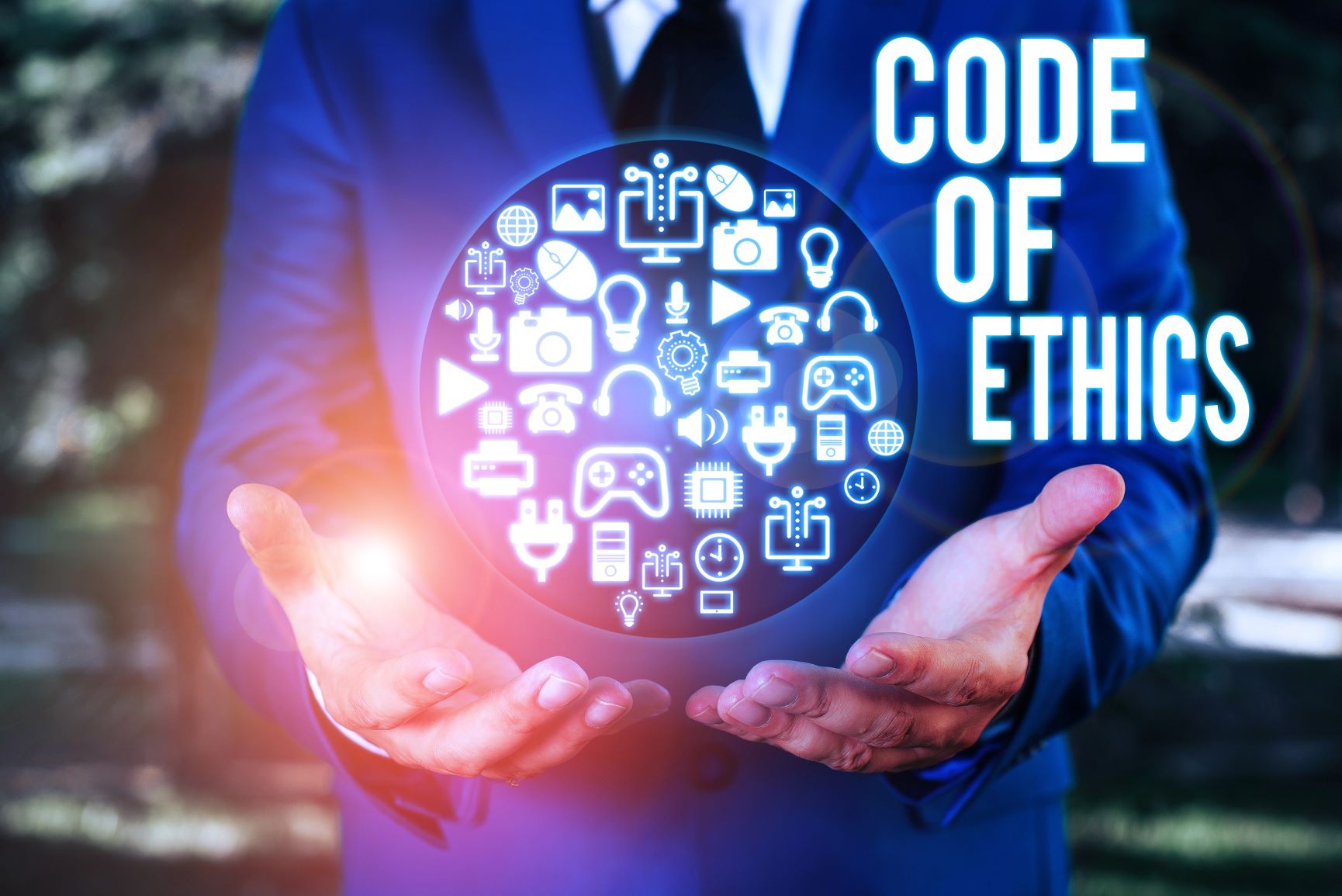
E-learning: Ethics training for internal auditors – IIA – Source iia.no
History and Myth of the PR Code of Ethics
The PR Code of Ethics was first developed in 1954. It has been revised several times since then, most recently in 2020. The Code is based on the principles of honesty, transparency, fairness, objectivity, confidentiality, and respect for the public interest.
There are a number of myths about the PR Code of Ethics. Some people believe that the Code is only for large corporations. Others believe that the Code is too restrictive. However, the Code is designed to be flexible and applicable to all public relations professionals, regardless of their size or industry.
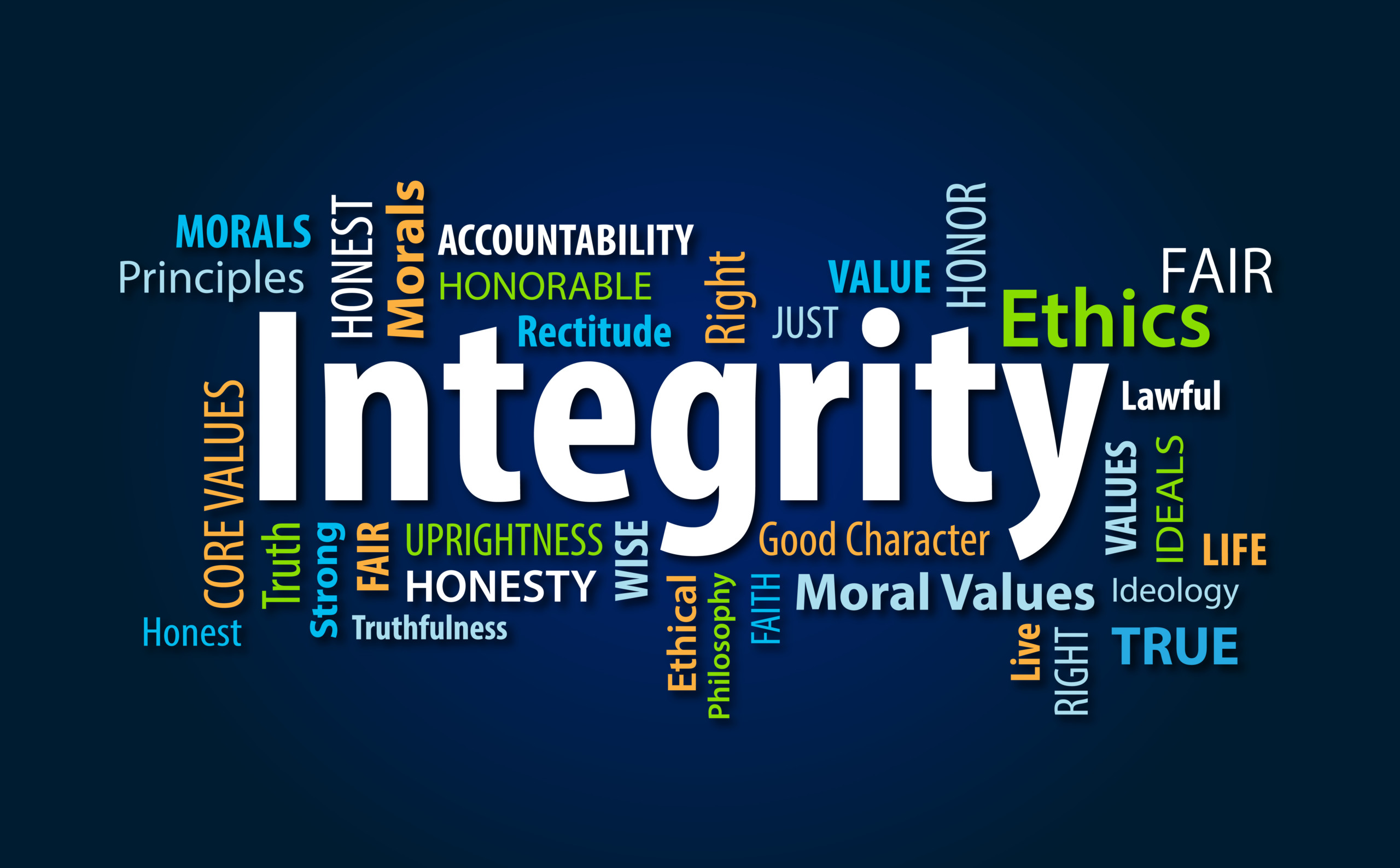
Integrity and Leadership – ALPS Leadership – Source www.alpsleadership.com
Hidden Secrets of the PR Code of Ethics
There are a few hidden secrets of the PR Code of Ethics that you may not know:
- The Code is not a legal document. It is a set of ethical principles that public relations professionals should voluntarily follow.
- The Code is not a one-size-fits-all document. It can be adapted to fit the specific needs of your organization.
- The Code is a living document. It is constantly being revised to reflect the changing needs of the public relations profession.
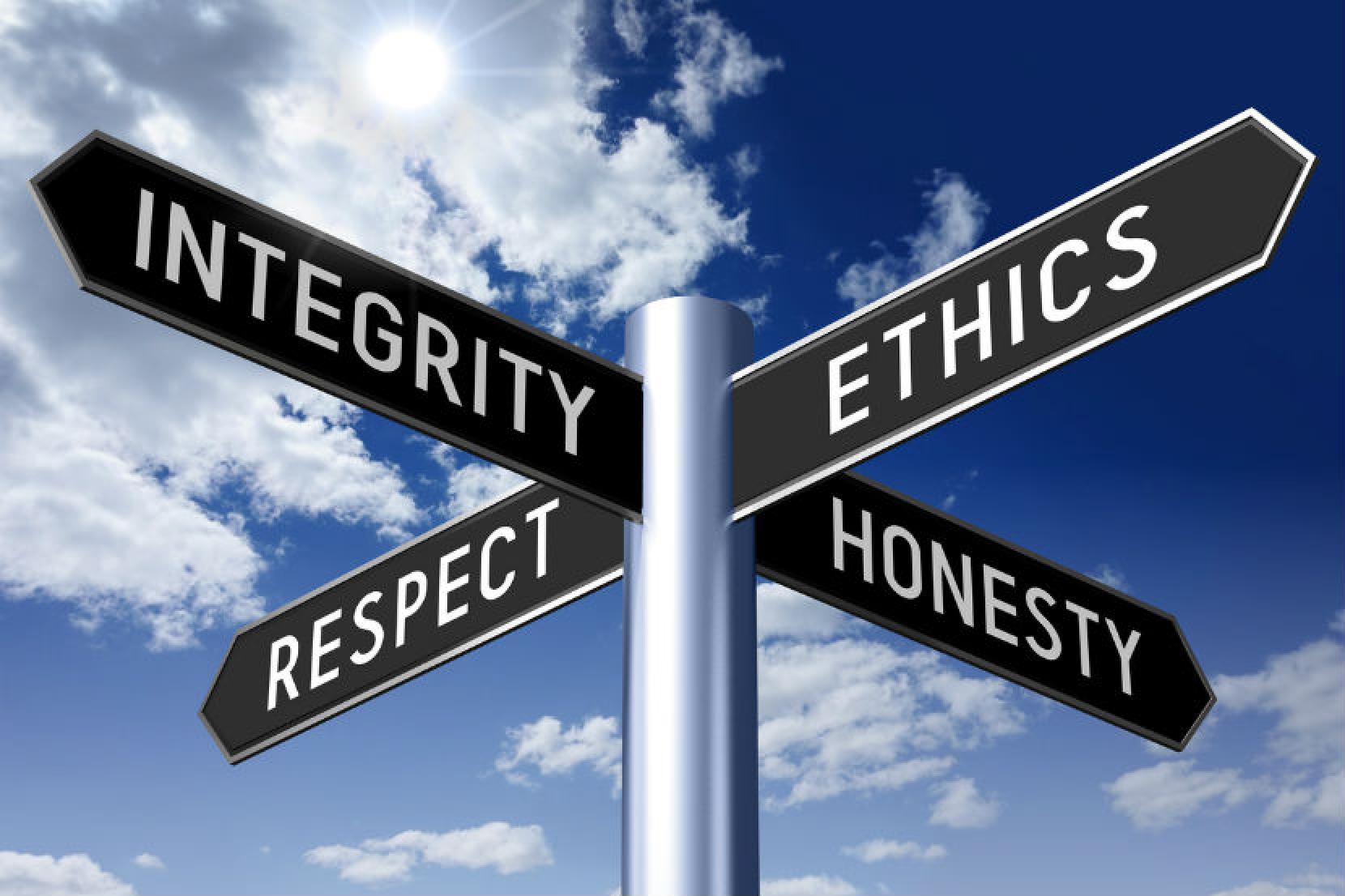
ETHICAL ASPECTS IN PERSONAL SELLING – Source commercestudyguide.com
Recommendations for Upholding the PR Code of Ethics
Here are a few recommendations for upholding the PR Code of Ethics:
- Read the Code and make sure you understand it.
- Apply the Code to your daily work.
- Be honest and transparent in all of your communications.
- Be fair and objective in your reporting.
- Respect the confidentiality of your clients and sources.
- Act in the best interests of the public.
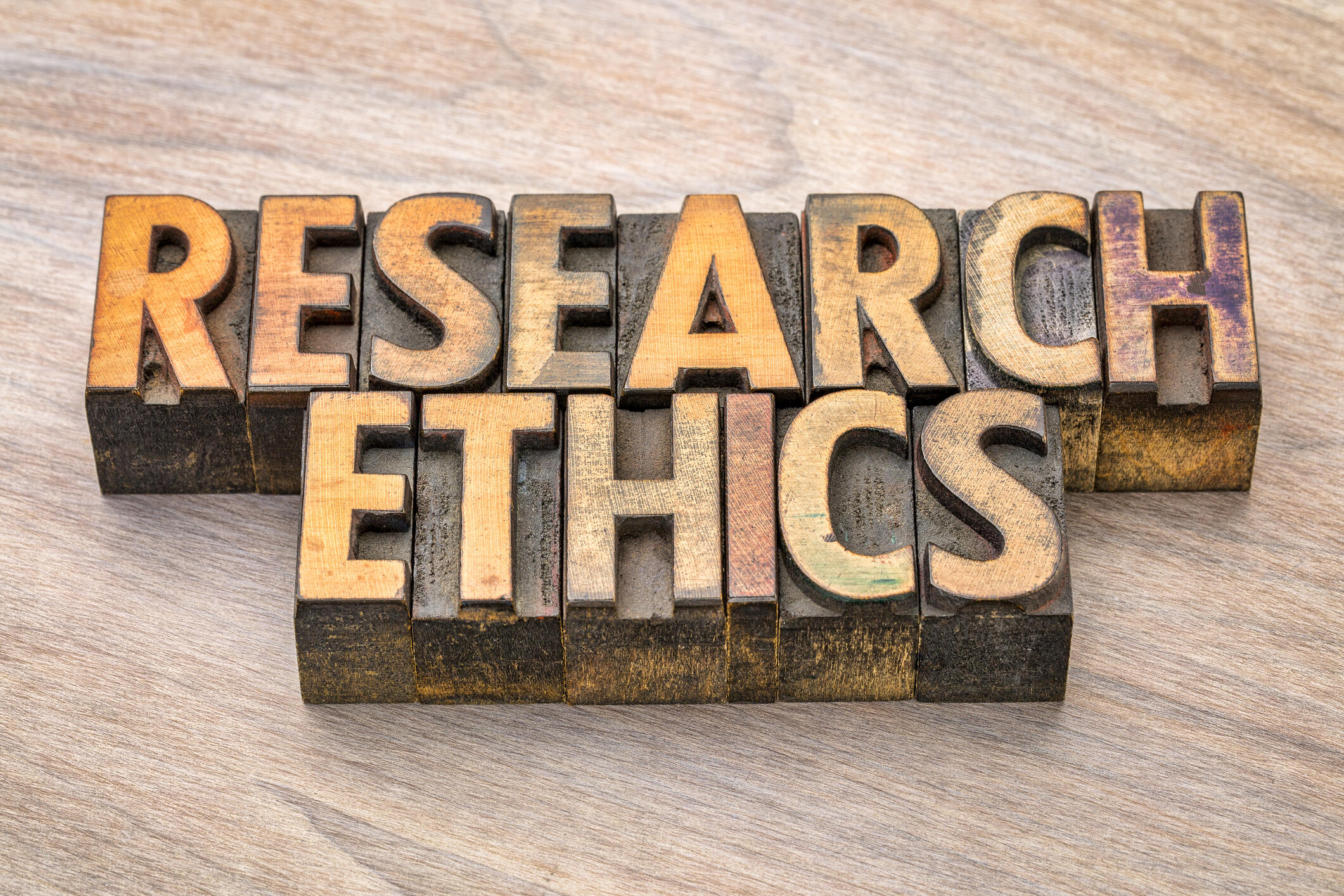
Research Ethics Committee | LSTM – Source www.lstmed.ac.uk
The Benefits of Upholding the PR Code of Ethics
There are a number of benefits to upholding the PR Code of Ethics:
- Public relations professionals who adhere to the Code can build trust with the public and enhance the reputation of their organizations.
- Organizations that have a strong code of ethics are more likely to be successful in the long run.
- Upholding the Code of Ethics can help public relations professionals to avoid legal problems.
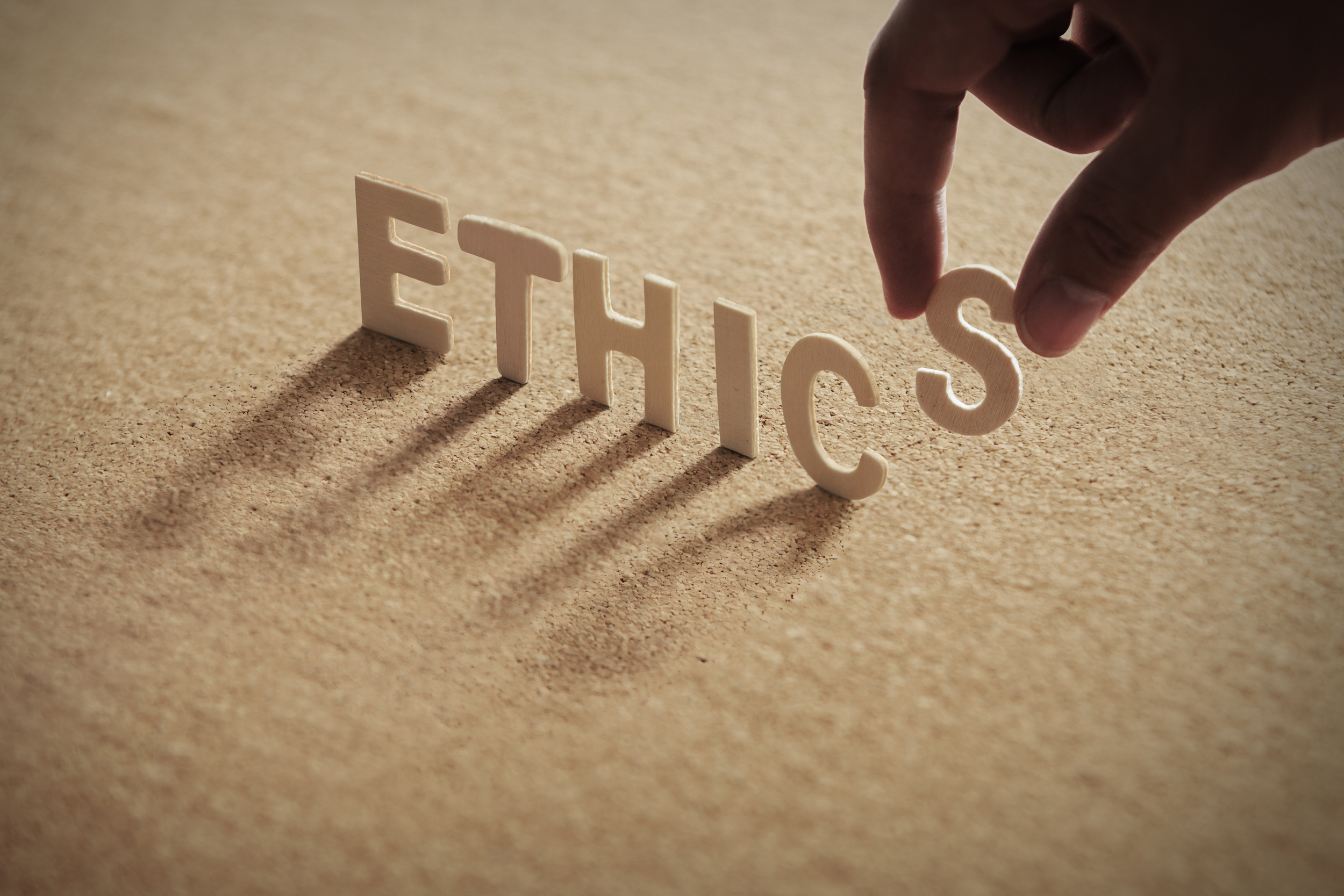
Essentials of Ethical Practice (3 CE Credits) – Source vipcomserv.com
Tips for Upholding the PR Code of Ethics
Here are a few tips for upholding the PR Code of Ethics:
- Be aware of the ethical implications of your actions.
- Consult with your colleagues and supervisors when you are unsure about the ethical implications of a particular situation.
- Make ethical decisions even when they are difficult.
- Be accountable for your actions.
- Be willing to apologize when you make a mistake.
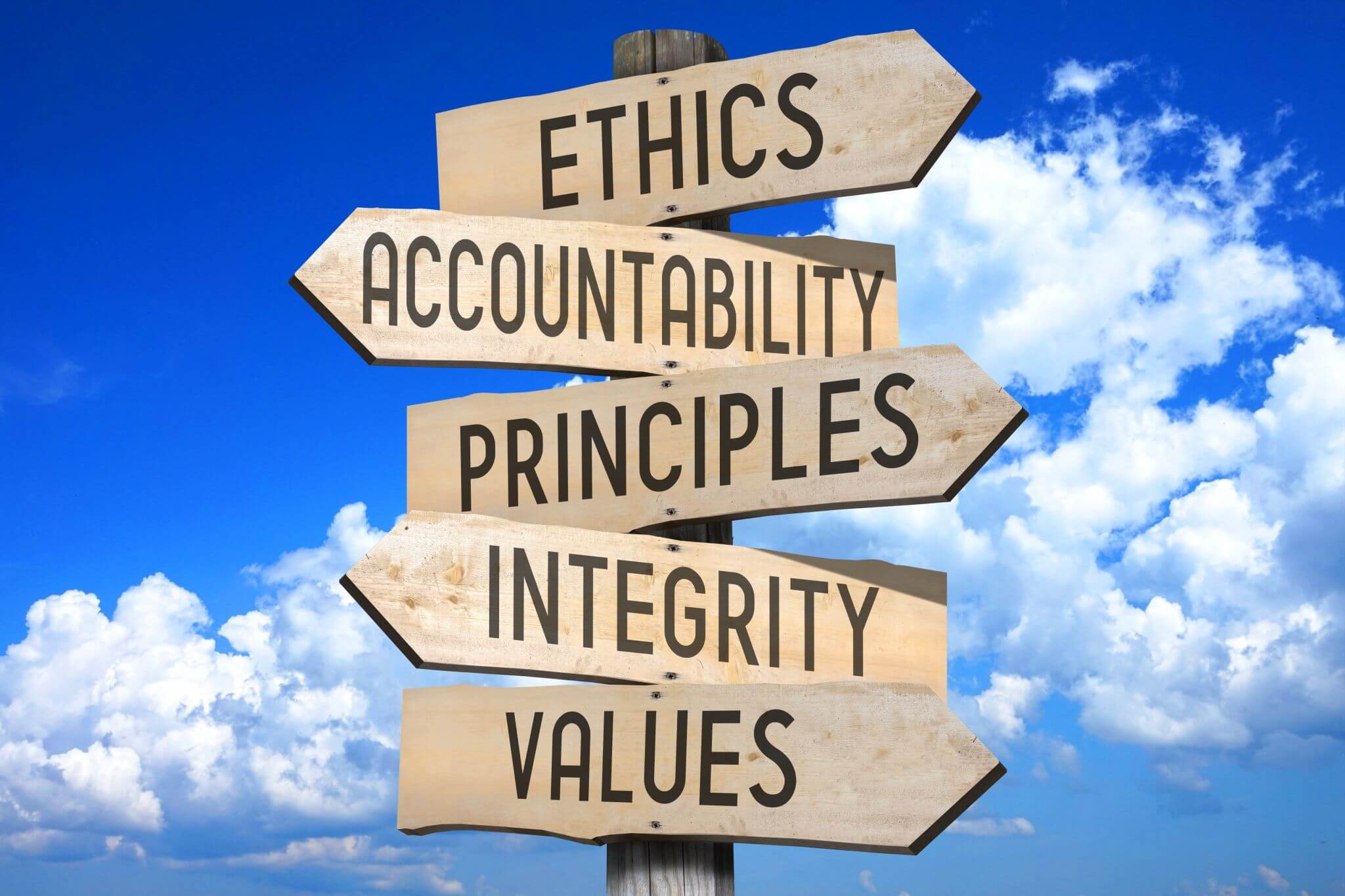
Understanding integrity compliance – GoodCorporation – Source www.goodcorporation.com
The Future of the PR Code of Ethics
The PR Code of Ethics is a living document that will continue to evolve to meet the changing needs of the public relations profession. As the profession becomes more complex, the Code will need to be updated to address new ethical challenges.
One of the most important challenges facing public relations professionals today is how to deal with the proliferation of fake news. The Code of Ethics can help public relations professionals to combat fake news by providing guidance on how to verify information and communicate it accurately to the public.
Fun Facts about the PR Code of Ethics
Here are a few fun facts about the PR Code of Ethics:
- The Code was originally called the “Code of Professional Standards for the Practice of Public Relations.”
- The Code has been translated into more than 20 languages.
- The Code is used by public relations professionals in all 50 states and in more than 100 countries.
How to Teach the PR Code of Ethics
The PR Code of Ethics can be taught in a variety of ways. One way is to incorporate it into public relations courses at universities and colleges. Another way is to offer workshops and training programs on the Code of Ethics for public relations professionals.
It is important to teach the PR Code of Ethics to public relations professionals because it helps them to understand their ethical obligations and make ethical decisions. The Code of Ethics can also help public relations professionals to build trust with the public and enhance the reputation of their organizations.
What if You Violate the PR Code of Ethics?
If you violate the PR Code of Ethics, you may face a number of consequences. These consequences may include:
- Loss of your job
- Damage to your reputation
- Legal liability
It is important to be aware of the consequences of violating the PR Code of Ethics before you make any decisions that could put you in violation of the Code.
Listicle of the PR Code of Ethics
Here is a listicle of the PR Code of Ethics:
- Be honest and transparent.
- Be fair and objective.
- Respect the confidentiality of your clients and sources.
- Act in the best interests of the public.
- Avoid conflicts of interest.
- Be accountable for your actions.
Questions and Answers
Here are a few frequently asked questions about the PR Code of Ethics:
- What is the purpose of the PR Code of Ethics?
The purpose of the PR Code of Ethics is to provide guidance to public relations professionals on ethical behavior.
- Who should follow the PR Code of Ethics?
All public relations professionals should follow the PR Code of Ethics.
- What are the consequences of violating the PR Code of Ethics?
The consequences of violating the PR Code of Ethics may include loss of job, damage to reputation, and legal liability.
- How can I learn more about the PR Code of Ethics?
You can learn more about the PR Code of Ethics by reading
![Crisis Averted: [Company Name] Responds Swiftly To Address [Issue Name] Crisis Averted: [Company Name] Responds Swiftly To Address [Issue Name]](https://s3.castbox.fm/b9/32/14/4859554072ac1afe4465dd35a3.jpg)
